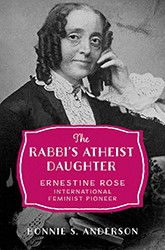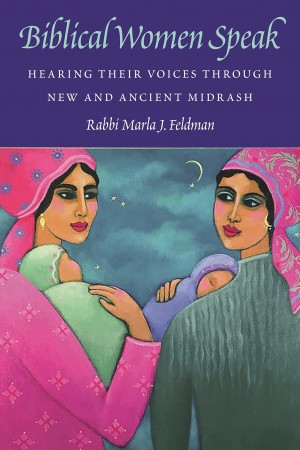April 27, 2012
There was more to the late actress Elizabeth Taylor than stardom, diamonds, and AIDS philanthropy. In 1959, she converted to Judaism at Los Angeles’ Temple Israel, taking the Hebrew name, Elisheba Rachel. For nine months she studied with Rabbi Max Nussbaum and regularly attended synagogue — fiercely embracing her Jewish identity throughout her life. Her 1963 movie, Cleopatra, was in part shot in Italy because being Jewish made entering Egypt challenging. She was ardent fundraiser for Israel. In 1977, she offered herself as a hostage in exchange for the hijack victims at Entebbe. (Though appreciative, Israel declined the offer.) And in 1980, virtually pro-bono, she narrated Genocide, a film produced by the Simon Wiesenthal Center, which became the first Holocaust documentary to win an Academy Award. With The Accidental Feminist: How Elizabeth Taylor Raised Our Consciousness And We Were Too Distracted by Her Beauty To Notice, author M. G. Lord reveals an expected dimension to this remarkable Jewish woman: her seditious, under-the-radar challenges to traditional women’s roles. In her winning new book, Jonathan Kirsch wrote in the Jewish Journal, Lord “raises Taylor from the realm of parody,” seeking “to install her in the pantheon of groundbreaking feminist heroines.”



